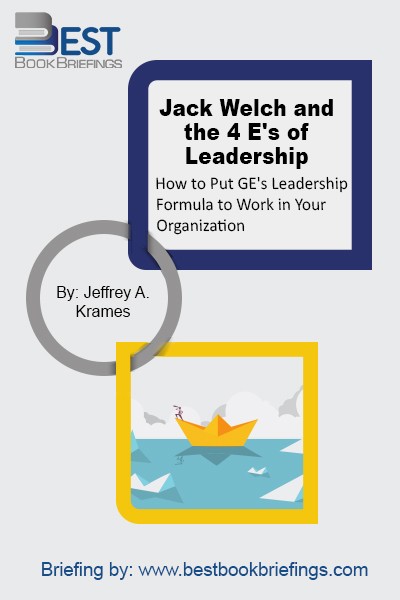Jack Welch and the 4 E's of Leadership
How to Put GE's Leadership Formula to Work in Your Organization
Number of pages: 172
Publisher: McGraw-Hill Education
BBB Library: Leadership, Corporate Success
ISBN: 9780071457804
Editorial Review
In his 20-plus years at General Electric, Welch transformed a mature manufacturing company into an outstanding products-and-services juggernaut. He increased the value of the company more than 30 times over. He achieved all of this by defying some of GE's most venerated traditions (for example, by making hundreds of acquisitions), by making the tough calls (he laid off more than 100,000 workers), and by transforming GE's insular, hidebound culture (he fired the strategic planners and made sure that managers listened to workers). But most of all, Welch selected and developed leaders (During his tenure, GE turned out more Fortune 500 CEOs than any other company in history). He once said, famously, that the smartest people in the world hire the smartest people in the world, but the truth is that he looked for far more than smarts. The discipline of the 4E's helped him find and develop leaders who would fit into GE's high-octane, performance-based culture. Those who have scored high on all four E categories were the ones who ultimately helped him fulfill his goal of building the world's most competitive organization.
Book Reviews
Books on Related Topics

After an astonishing career-first in Scotland, and then over 27 years with Manchester United Football Club- Sir Alex Ferguson delivers Leading, in which the greatest soccer coach of all time will analyze the pivotal leadership decisions of his 38 years as a manager and, with his friend and collaborator Sir Michael
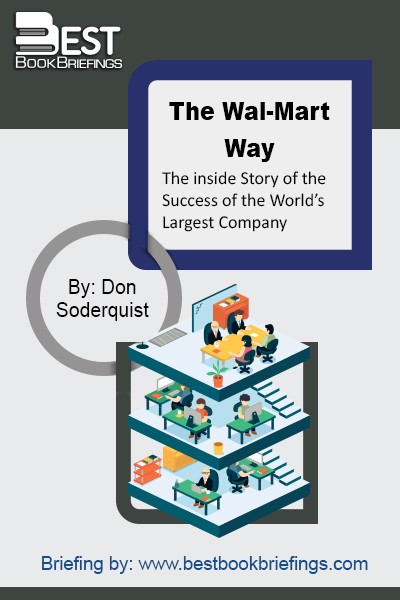
The Wal-Mart story is full of simple, but important truths. It's a story that has mystified some, frustrated others, and been admired by many. It's a story about principled, focused leadership that has been able to effectively and consistently balance values and the bottom line in a way that has seldom

It used to be said that¾It is not whether you win or lose, it’s how you play the game. That old saying might be fine to coach a soccer team. But in today’s dynamic working environment it’s all about winning. With that said, companies and individuals must focus on the mechanisms
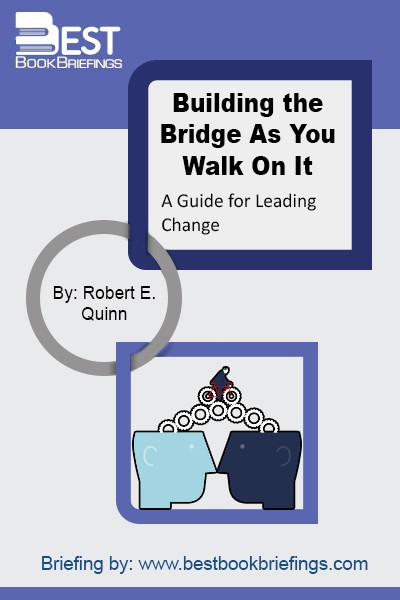
Every human being needs to undergo an intellectual journey that will span the remaining course of their life and help them develop their emotional and character integrity. The idea here is to combine personal change with organizational change. A leader can attain a positive, organizational change only after they engage in

This book is an exceptional piece of writing that has its rights to be among the greatest books for business management. It is a narration that leads the reader through the modern managerial skills from one of the pioneers that revolutionized management. This book would form a great foundation for any
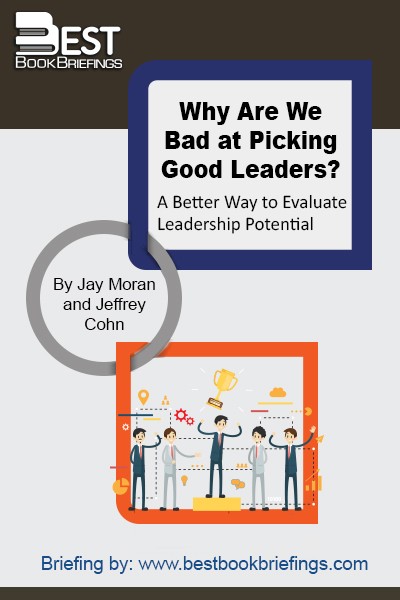
It is difficult to pick good leaders. Time and again, we complain about the quality of the men and women who run our companies, organizations, and governments. We bemoan their incompetence, their detachment, their lack of urgency. Inevitably we get rid of these leaders and move on to the next ones,
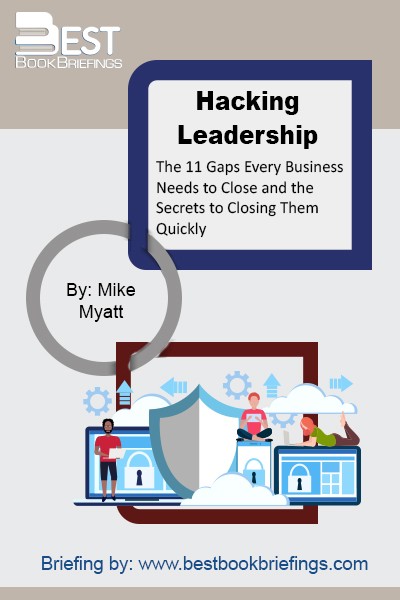
Everyone has blind spots. The purpose of Hacking Leadership is to equip leaders at every level with an actionable framework to identify blind spots and close leadership gaps. The bulk of the book is based on actionable, topical leadership and management hacks to bridge eleven gaps every business needs to cross
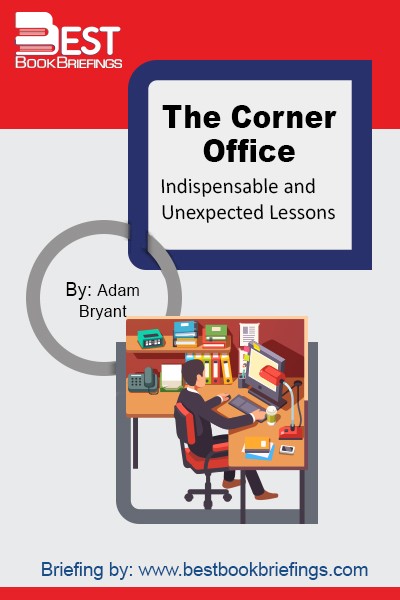
Kevin, The CEO of a fast growing Technology company waited in The Corner Office, admiring the magnificent views and contemplating what lay ahead. His Chief Technology Officer had alerted him to a seemingly unsolvable problem that plagued their most profitable software application and was on his way over to discuss the
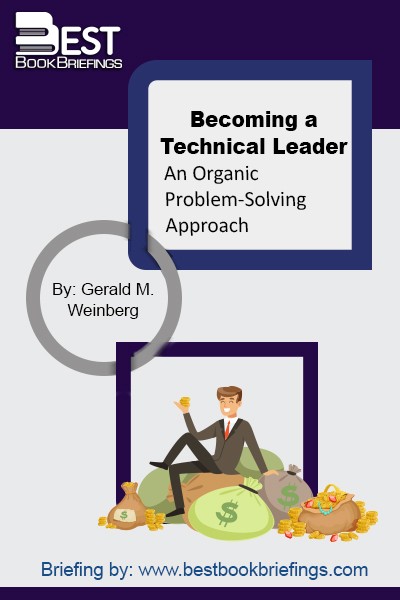
You may not consider yourself a leader, but if you take some time thinking about your daily activities, you might discover that you are. Don’t believe? Here are some examples that may convince you: If you are good at your job to the extent that your co-workers ask for your advice,
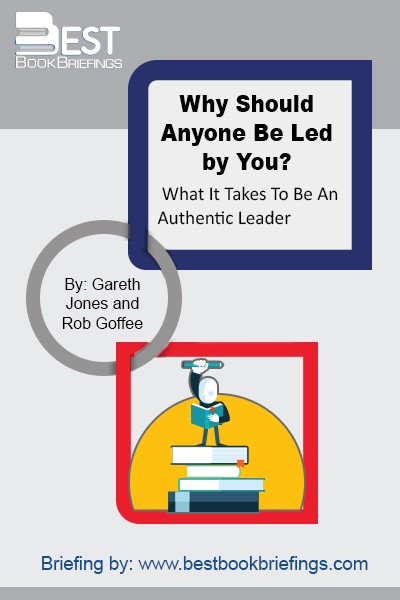
Too many companies are managed not by leaders but by mere role players and faceless bureaucrats. What would it take to replace these empty suits with real leaders—men and women who are confident in who they are and what they stand for and who truly inspire people to achieve extraordinary results? Rob
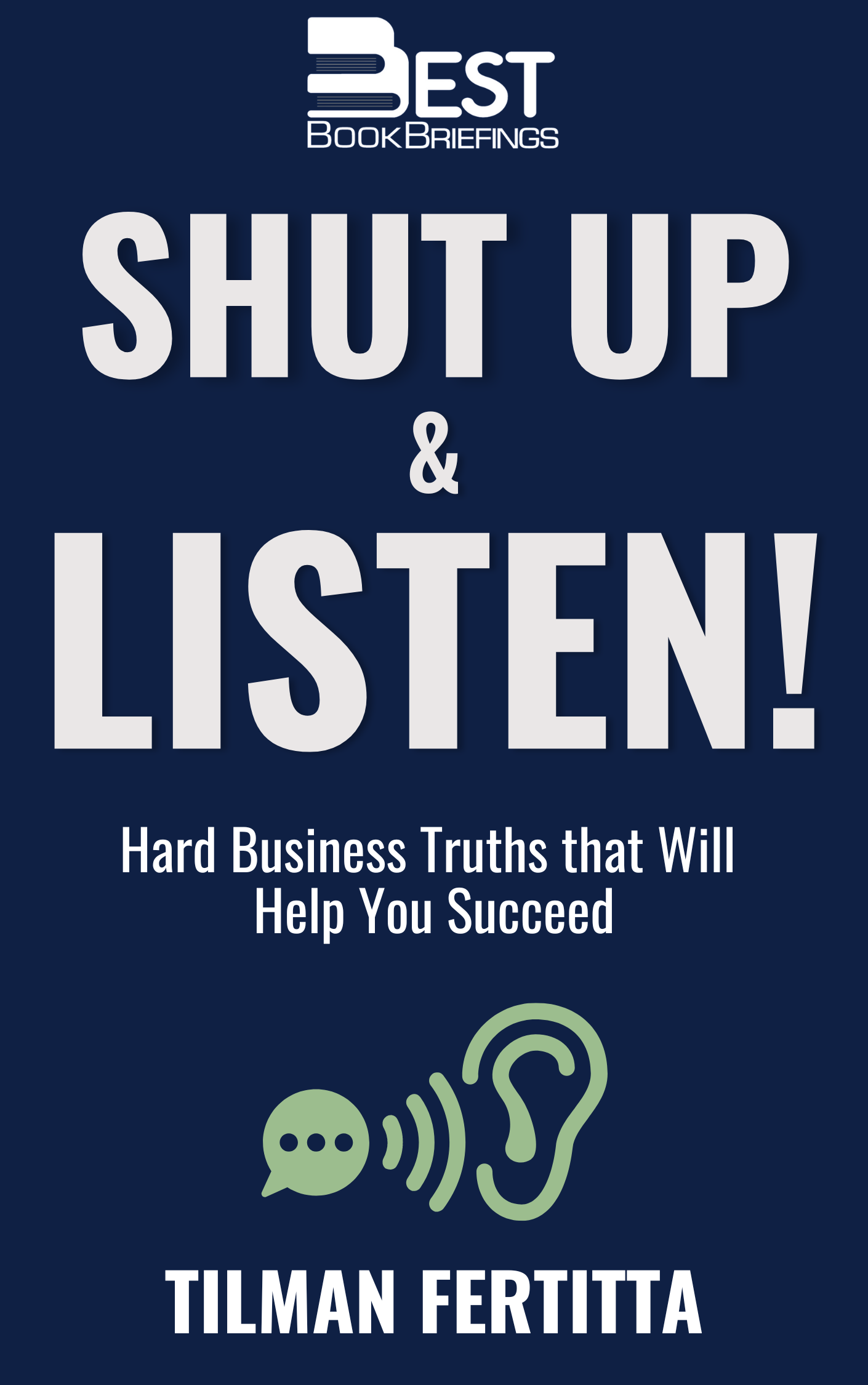
Tilman Fertitta, also known as the Billion Dollar Buyer, started his hospitality empire thirty years ago with just one restaurant. Over the years, he’s stayed true to the principles that helped him build the largest single-shareholder company in America, with over $4 billion in revenue, including hundreds of restaurants (Landry’s Seafood,

